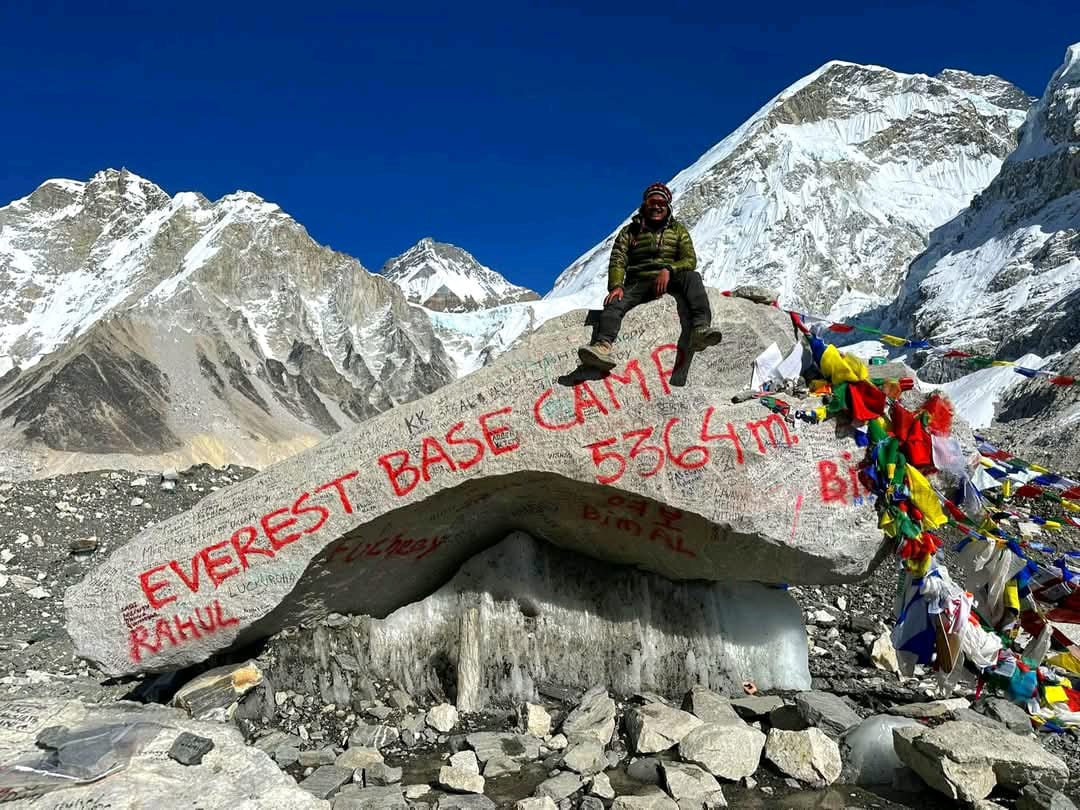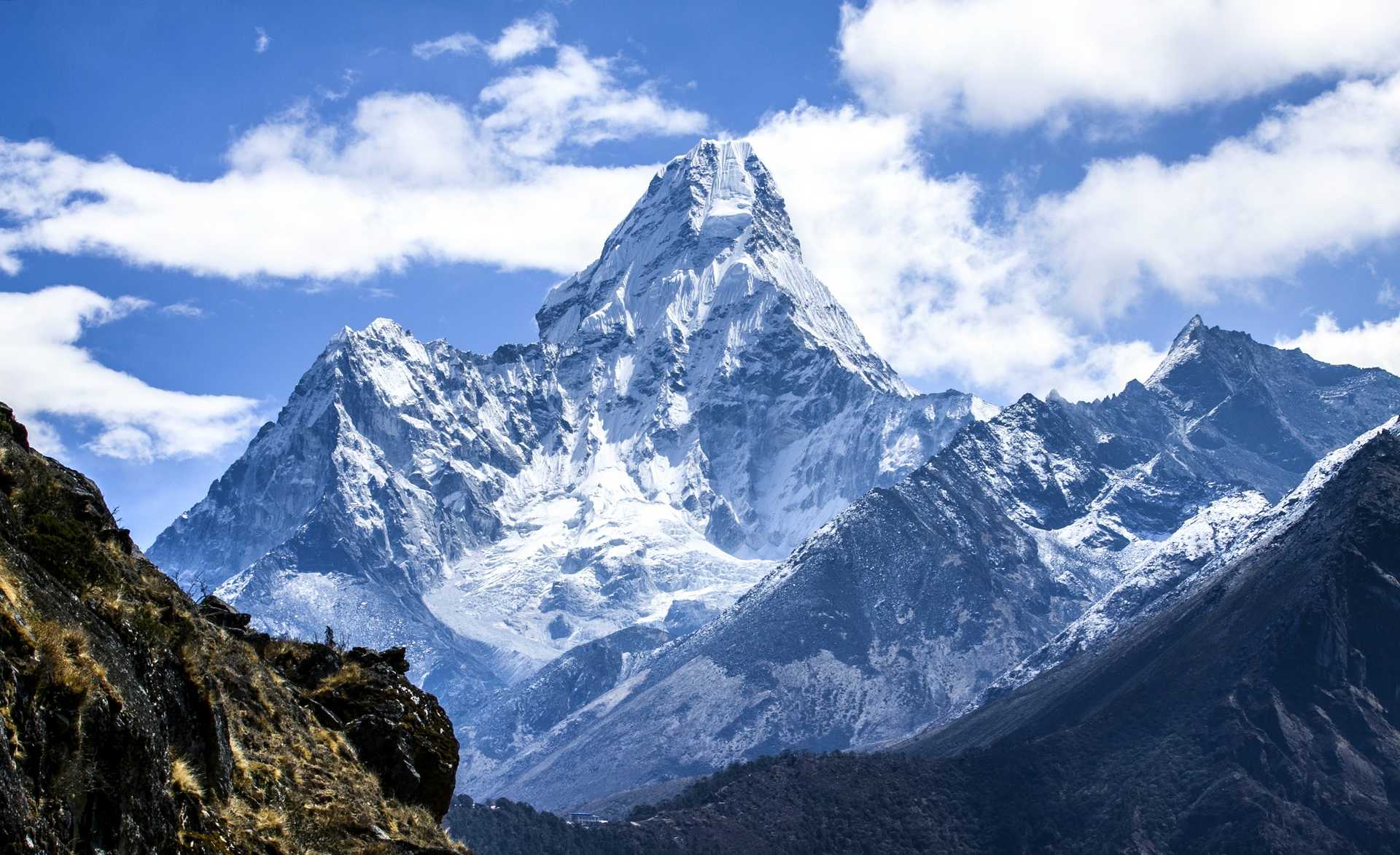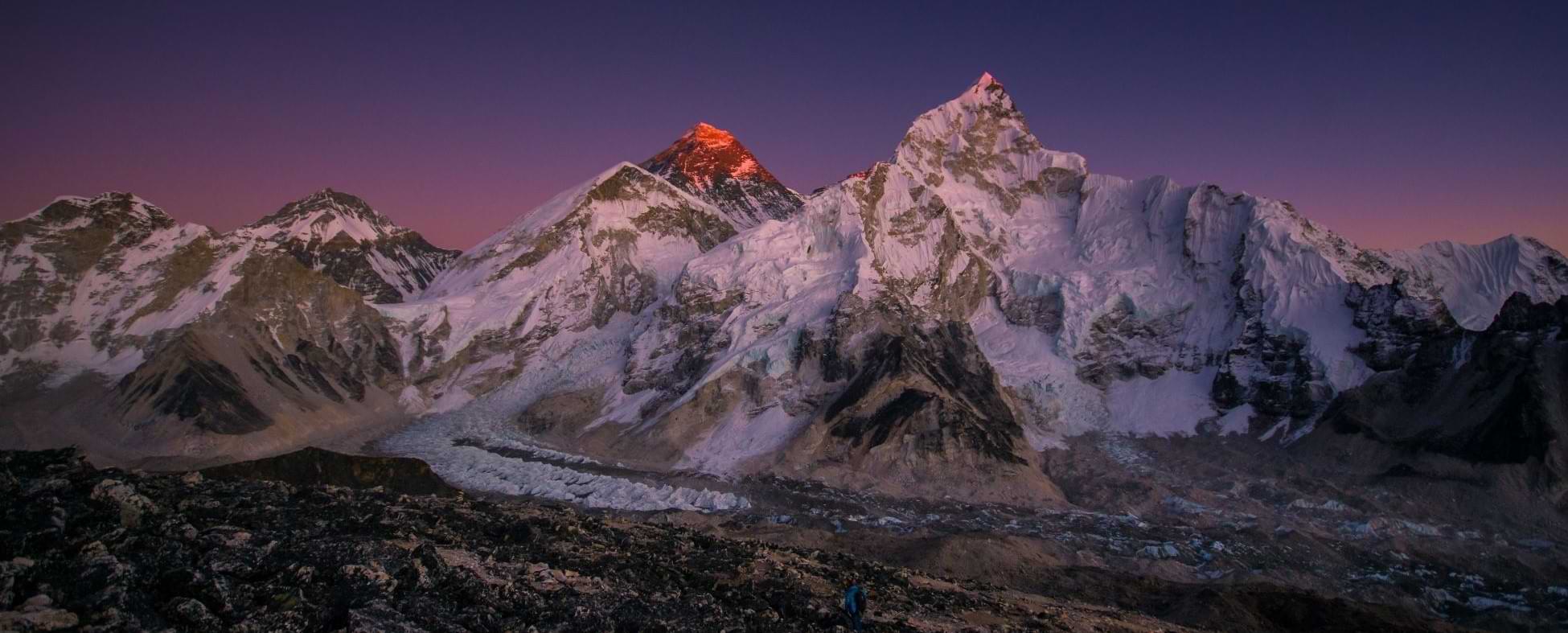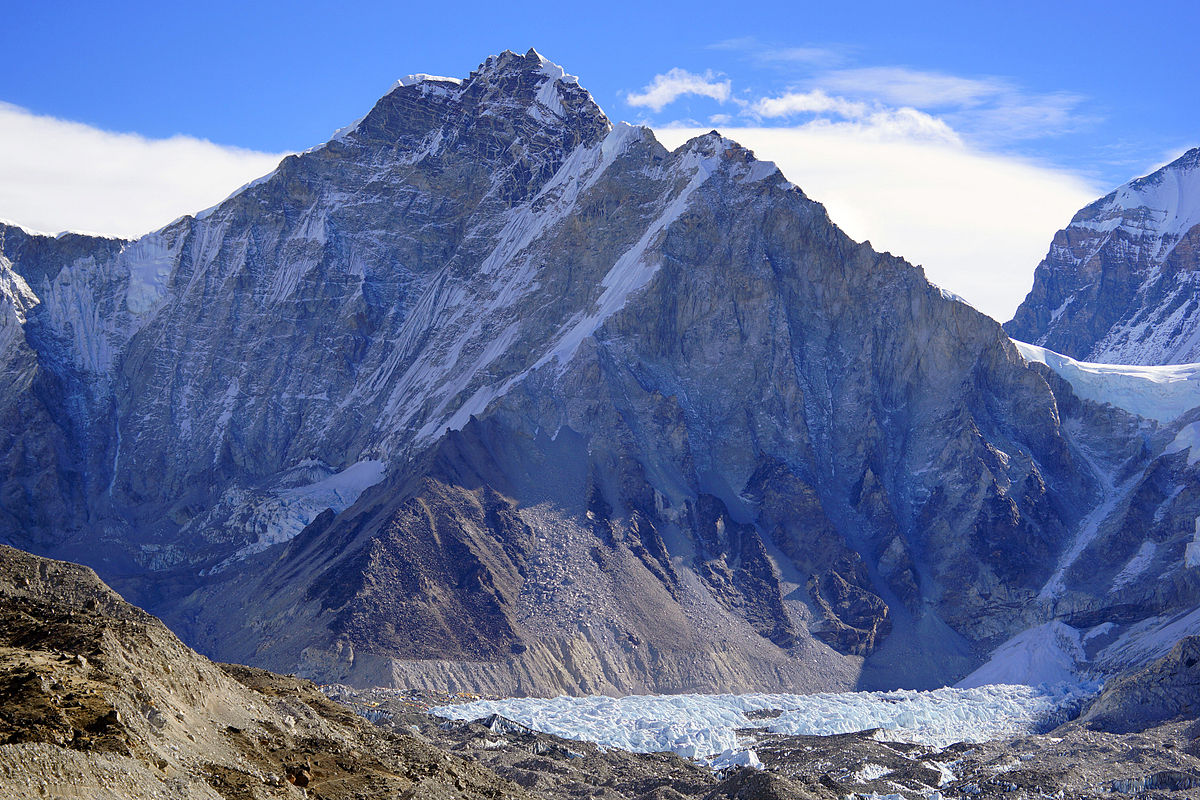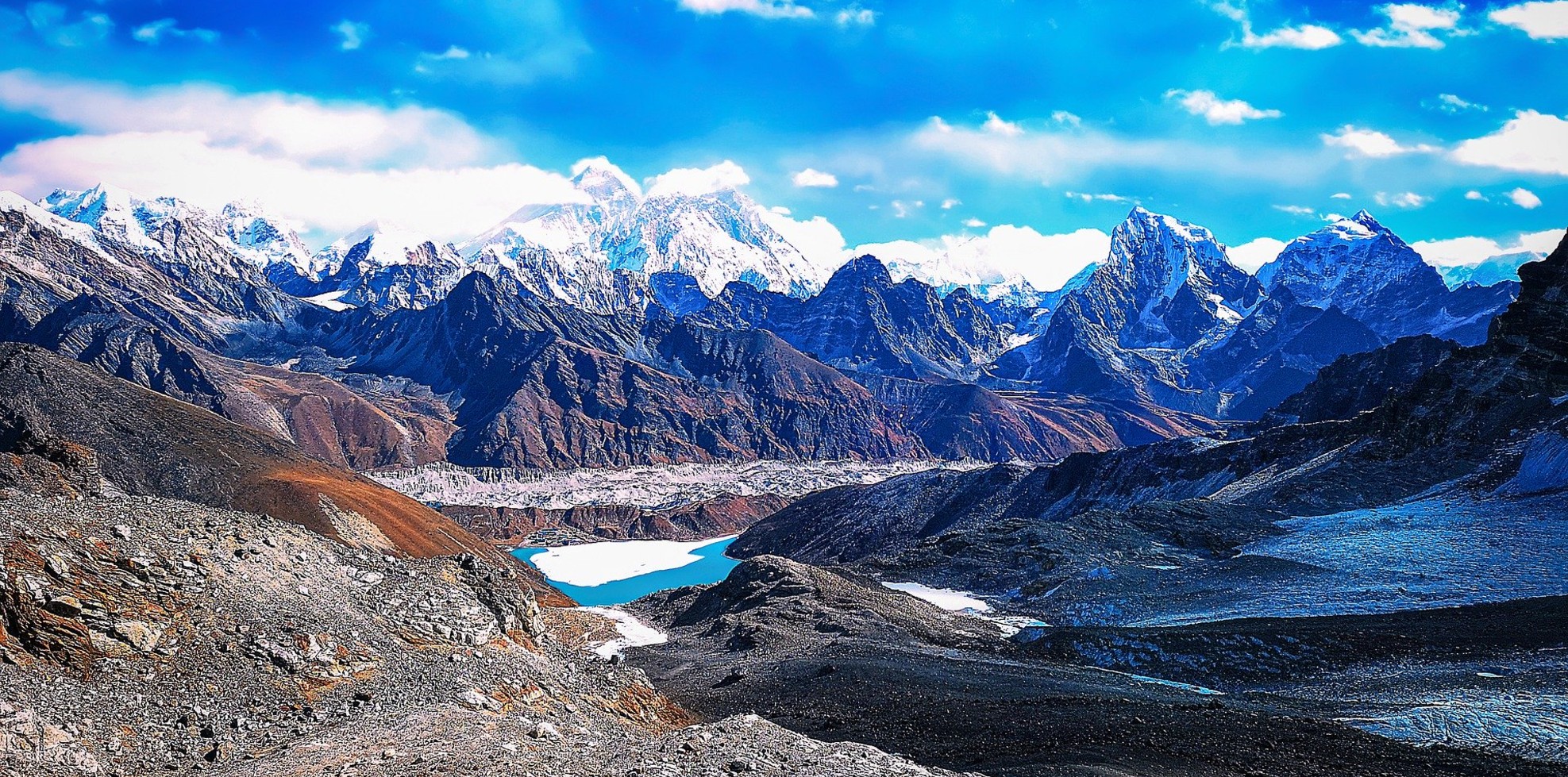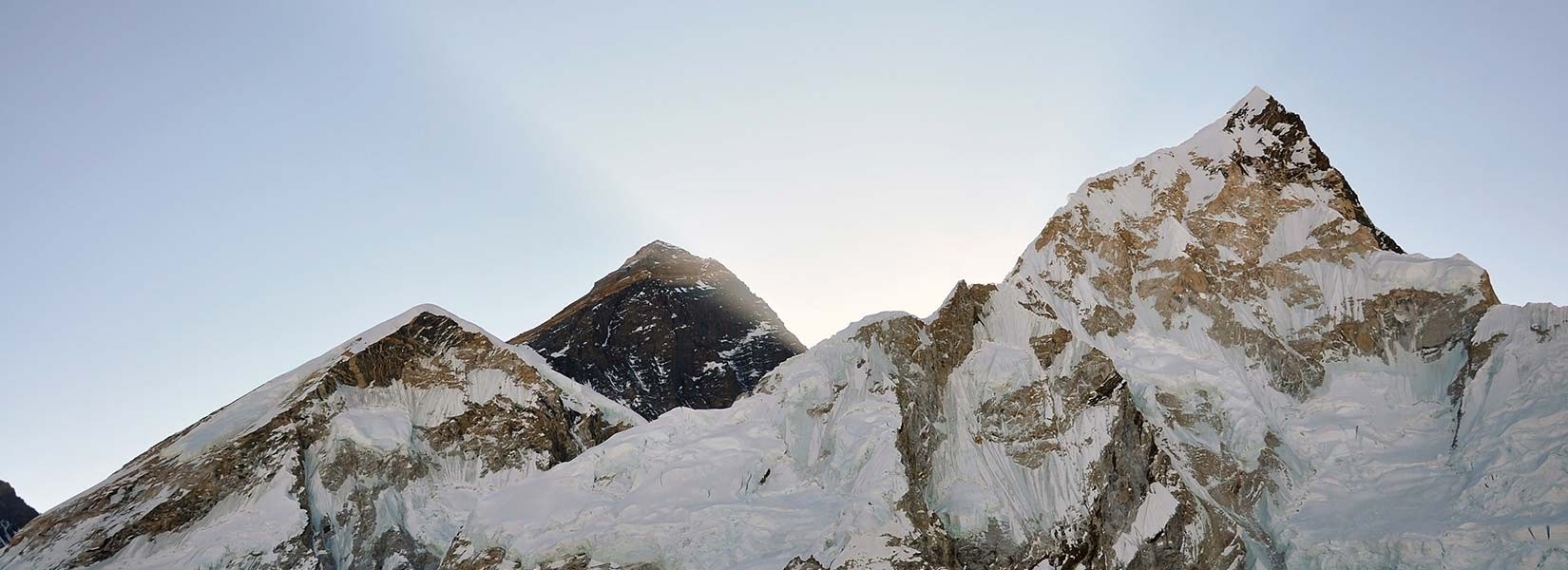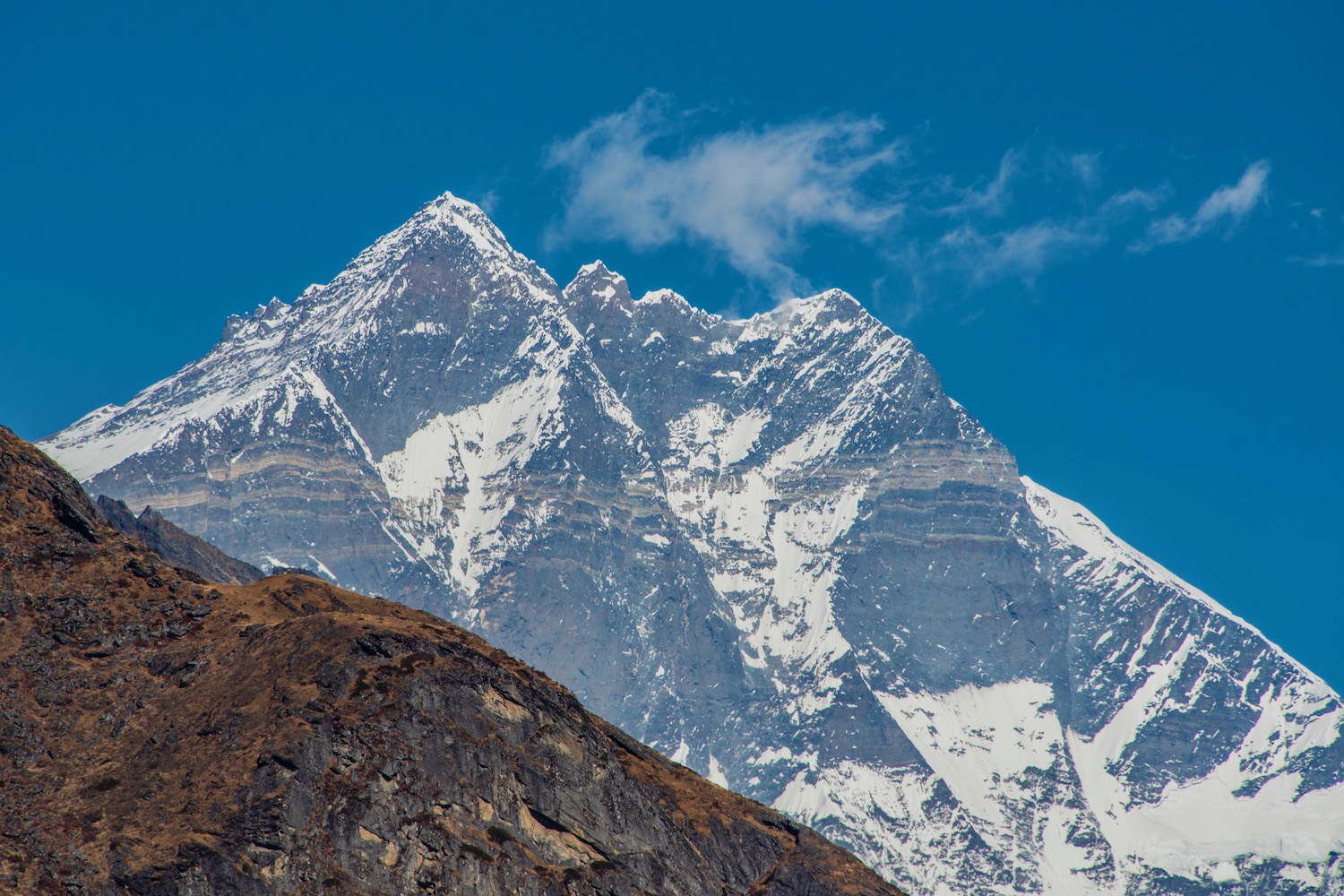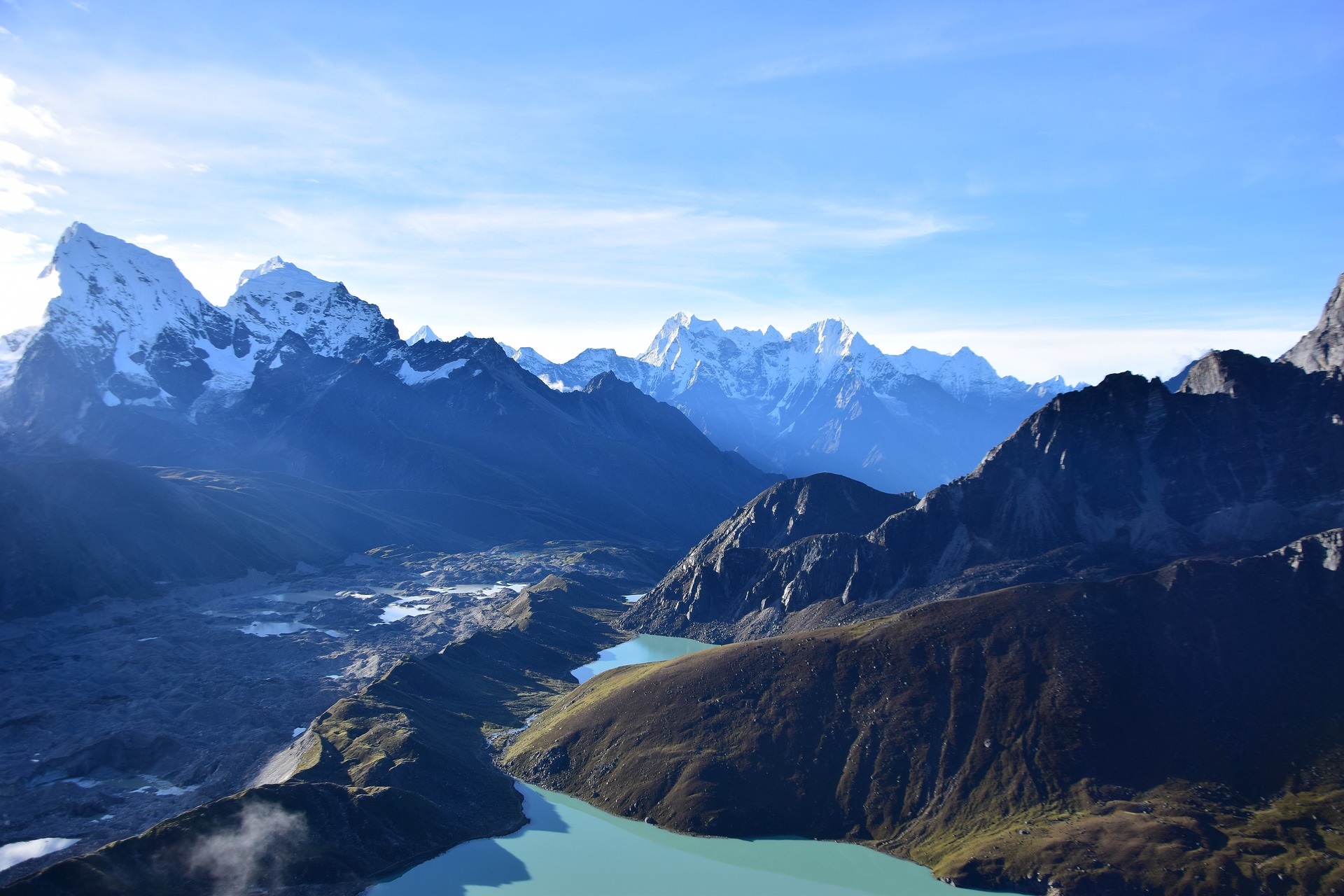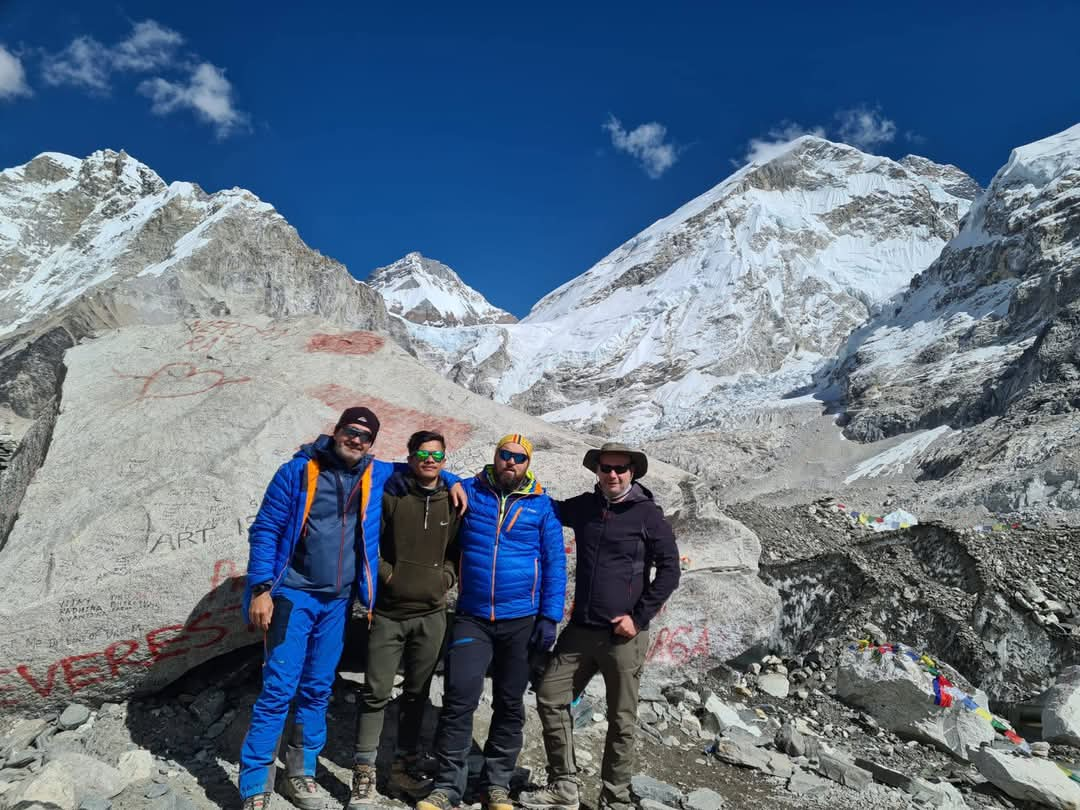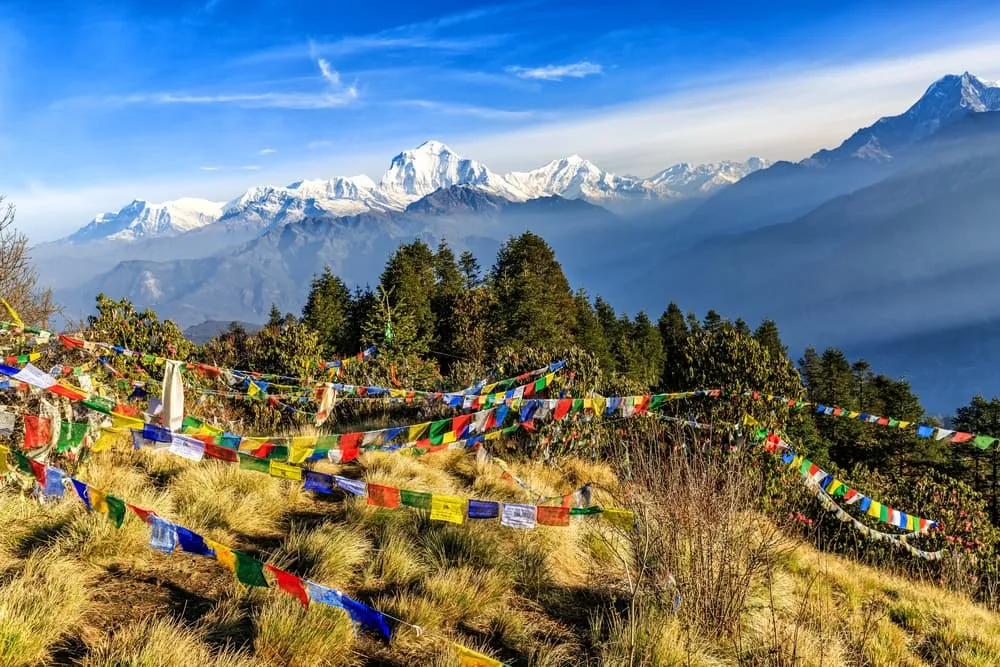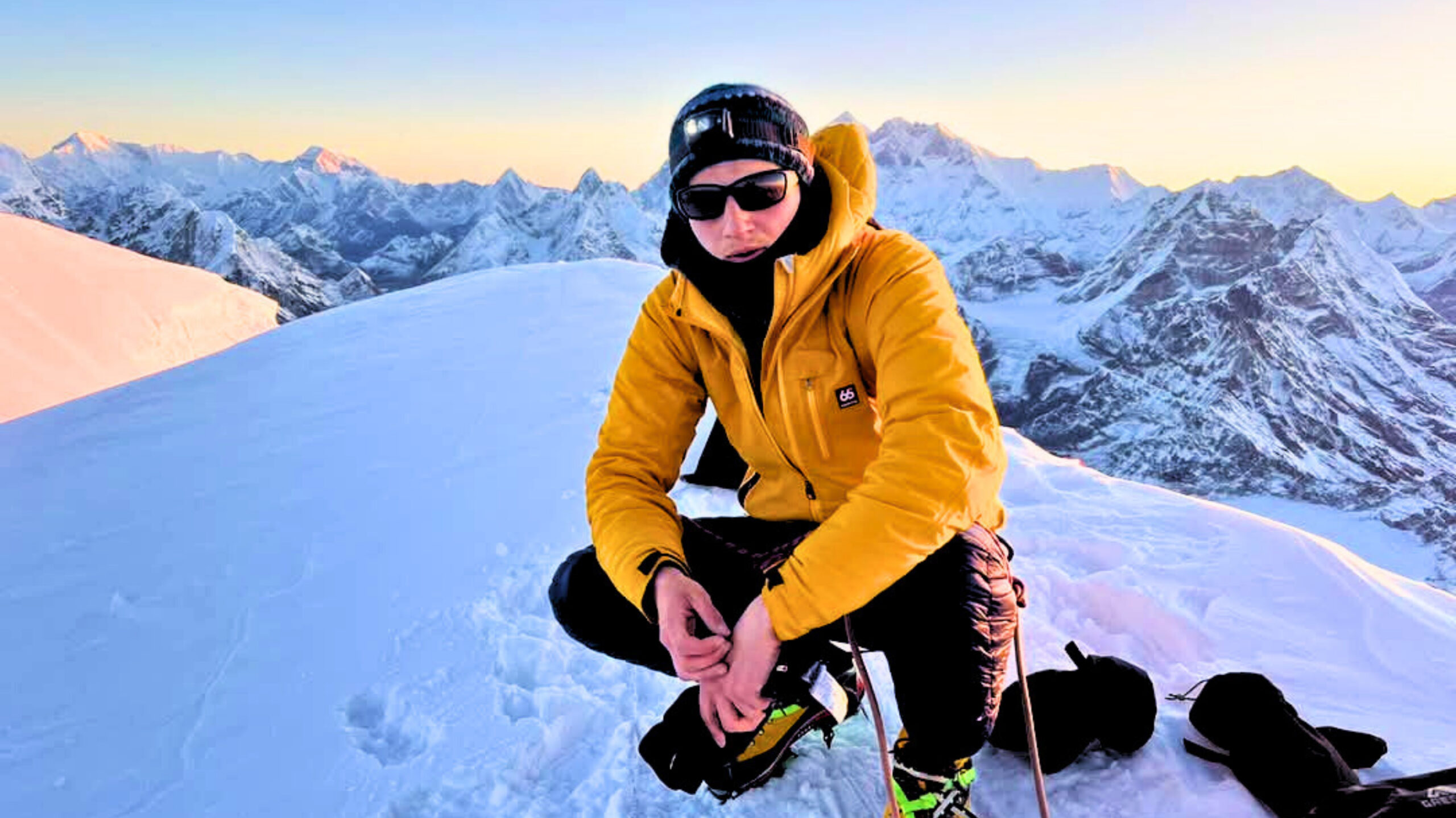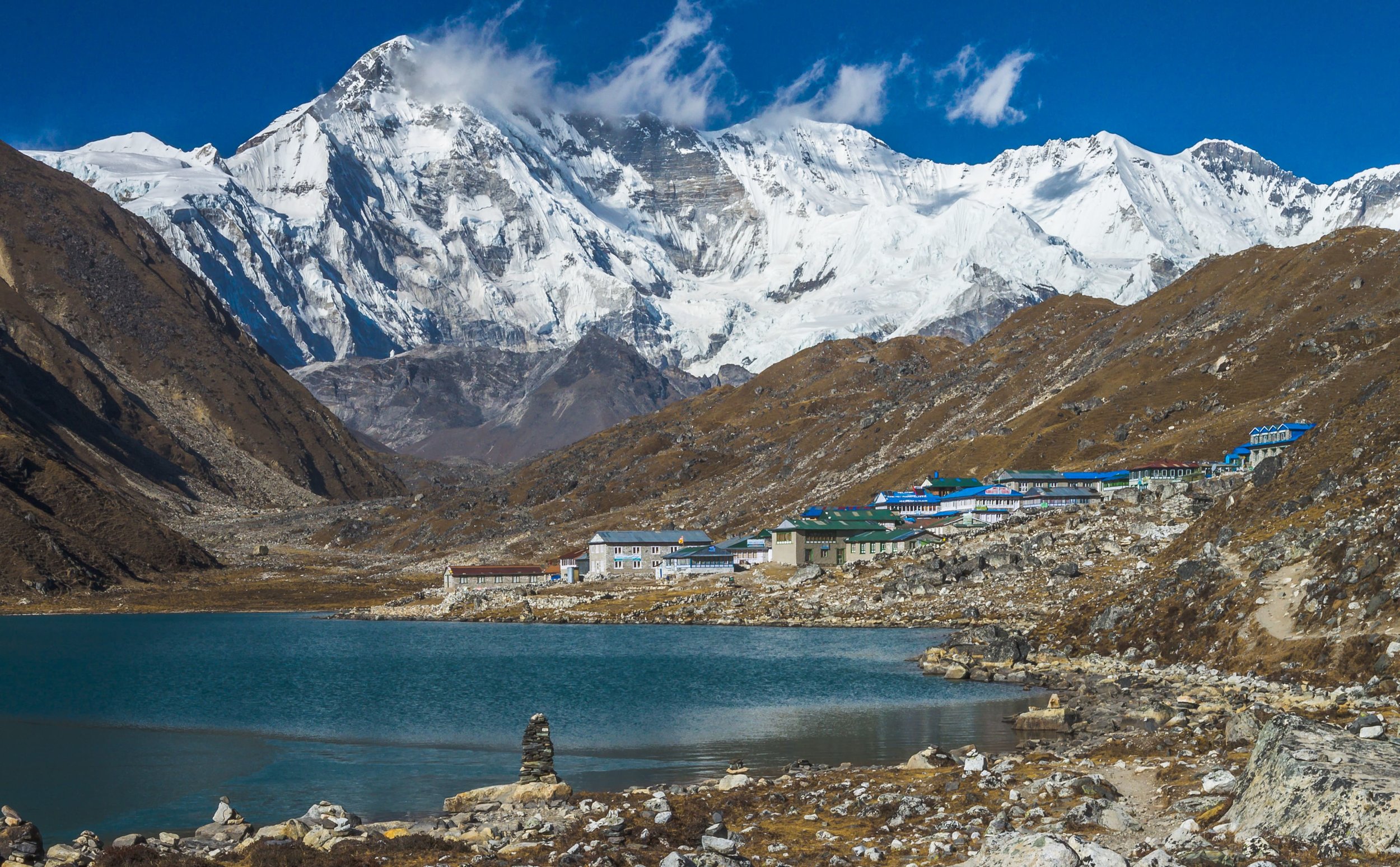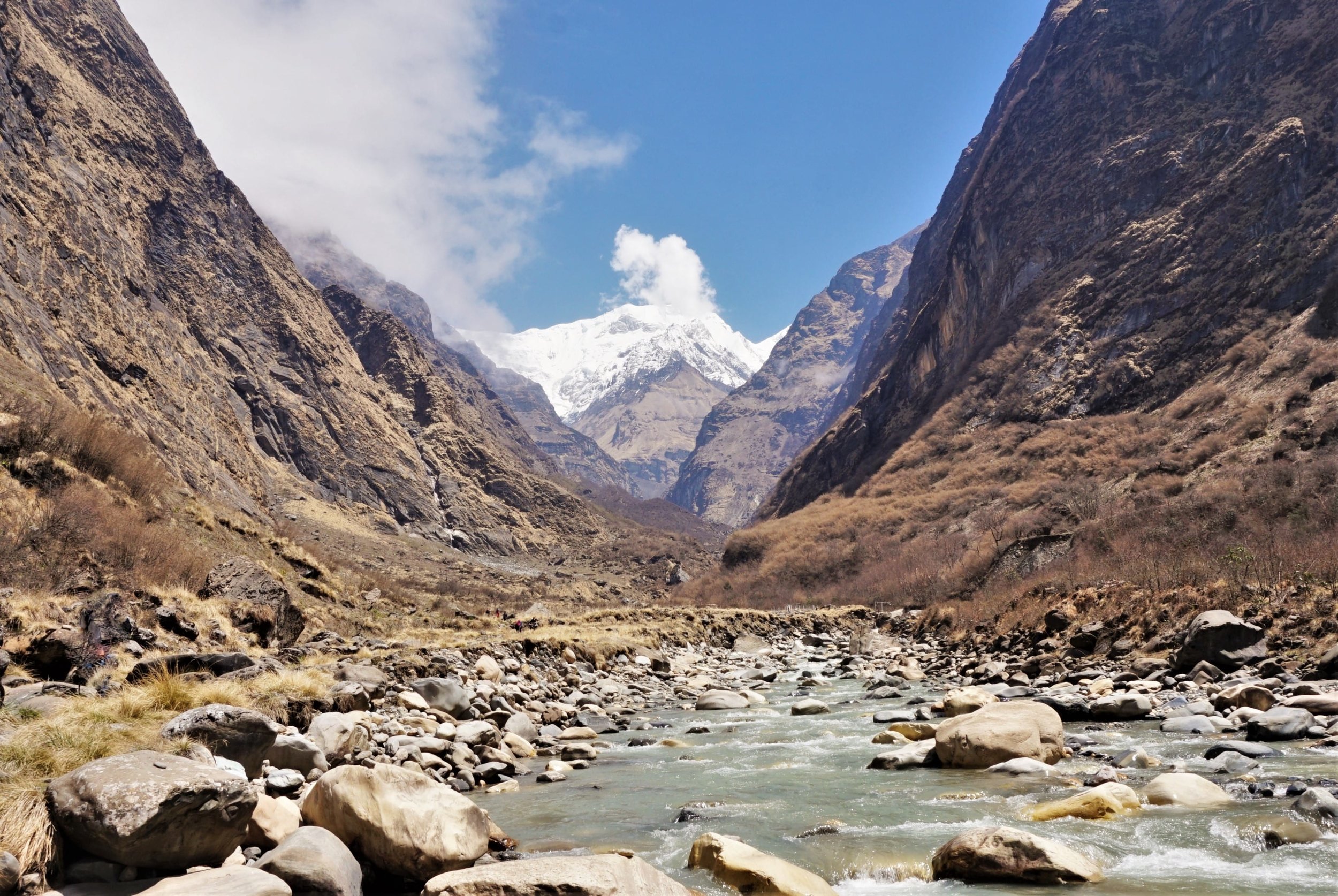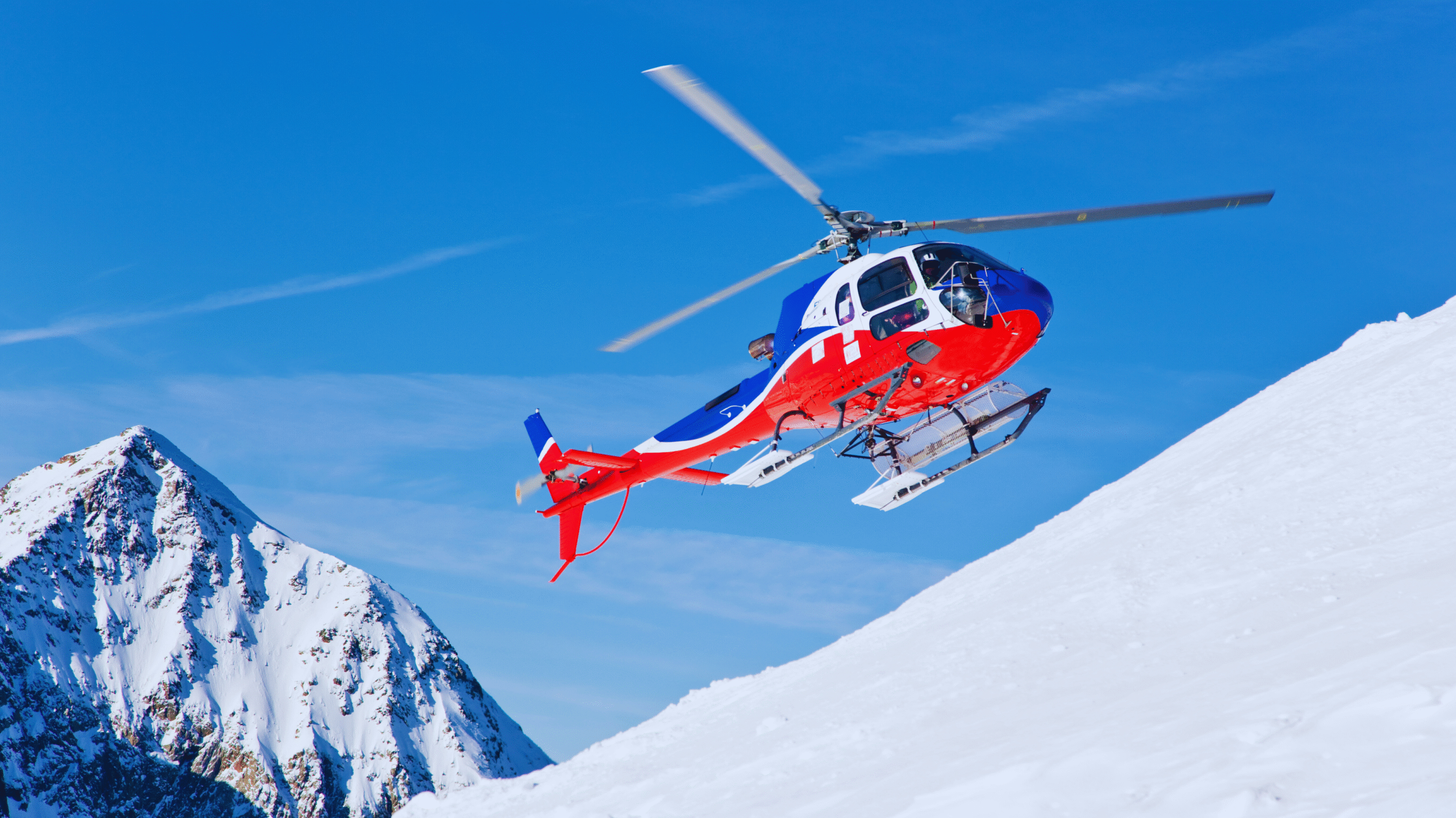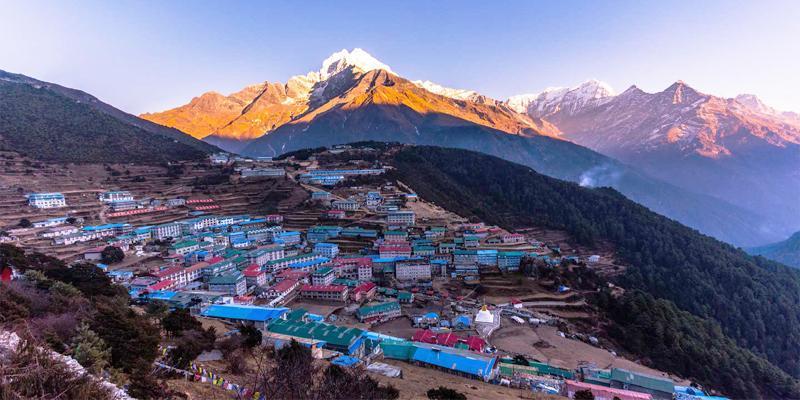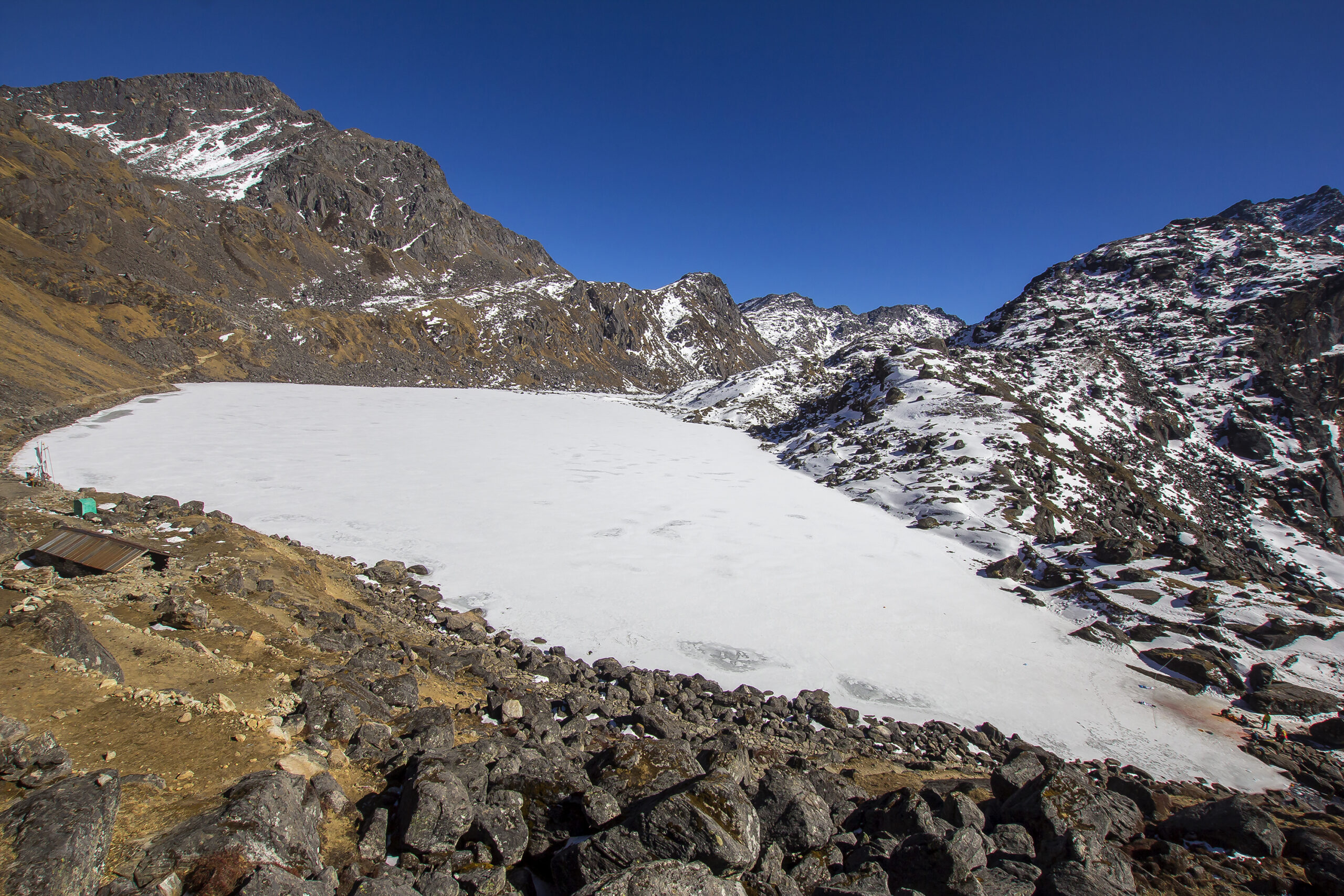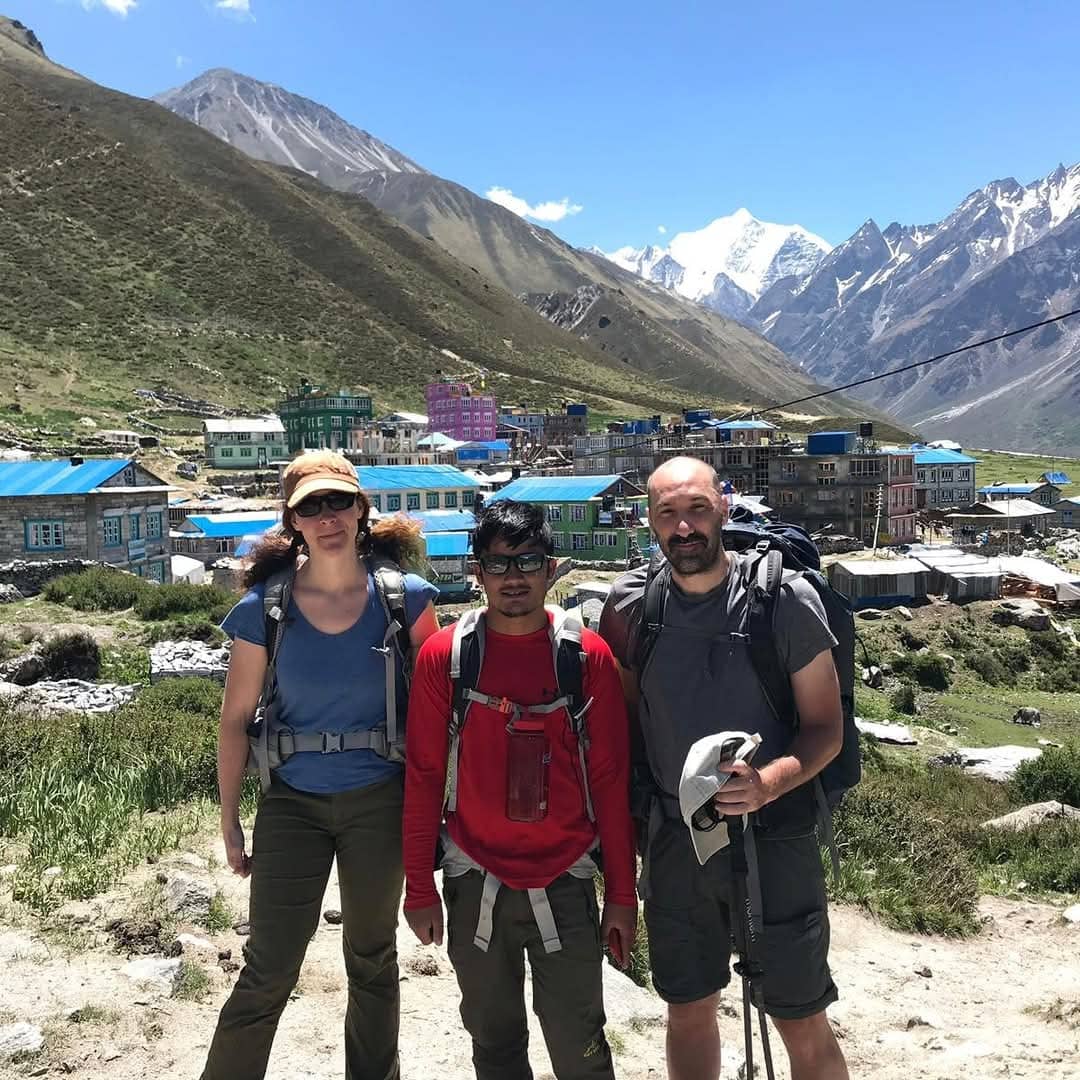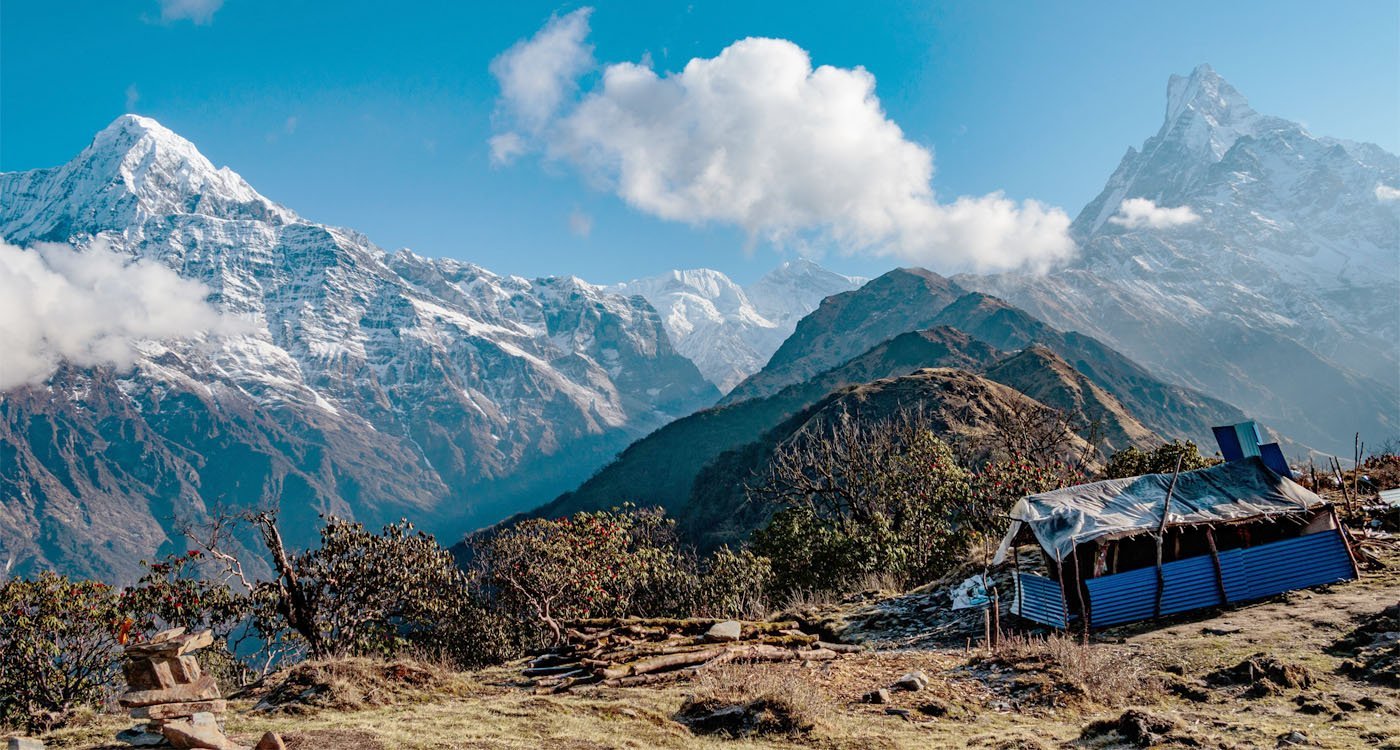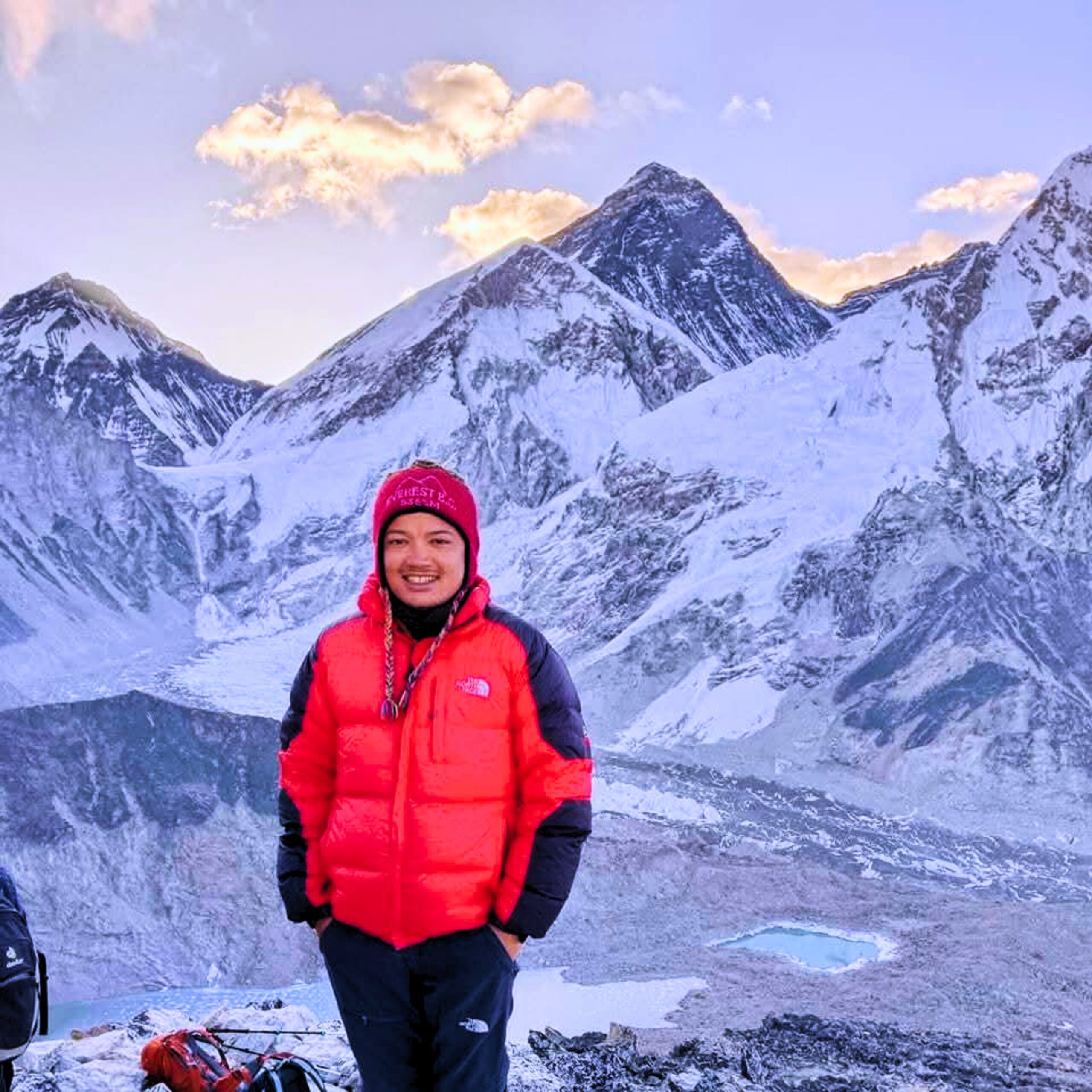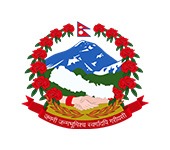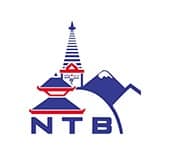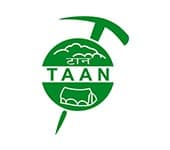Everest Base Camp Trek
Destination
Everest RegionDuration
15 Days/14 NightsAccomodation
Tea Houses/Lodges during the trek and 3-star hotels in KathmanduMax Elevation
5,545 mTrek difficulty
Moderate to ChallengingGroup size
1–20 PeopleBest months
Spring (March to May), Autumn (September to November)Trip starts/Ends
LuklaOverview
Unique Himalaya Treks & Expeditions is your trusted partner in exploring the awe-inspiring Himalayas, a land of towering peaks, serene valleys, and rich cultural heritage. Our treks and expeditions are thoughtfully designed to provide a perfect balance of adventure, safety, and cultural immersion, ensuring a truly unforgettable experience. Whether you’re a seasoned trekker chasing new challenges or a first-time explorer seeking the beauty of nature, we have something for everyone. From the iconic Everest Base Camp to lesser-known trails, each journey is a unique opportunity to connect with the majestic landscapes and vibrant communities of the Himalayas. The Himalayas, known as the “Abode of Snow,” offer some of the most breathtaking natural beauty on Earth. Our expeditions take you through a variety of landscapes, from lush forests and verdant valleys to rugged trails and glacial rivers. The changing scenery as you ascend to higher altitudes is nothing short of magical. You’ll find yourself walking through fields of blooming rhododendrons, crossing suspension bridges over roaring rivers, and gazing up at snow-capped peaks that touch the sky. Every step offers a new perspective on the grandeur of nature, making the Himalayas a dream destination for adventurers and nature lovers alike.
One of the most enriching aspects of trekking in the Himalayas is the opportunity to engage with the local culture. The region is home to diverse ethnic communities, including the Sherpas, Tamangs, Gurungs, and Rai people, each with its unique traditions, languages, and lifestyles. Our treks are designed to provide authentic cultural experiences, allowing you to visit traditional villages, participate in local festivities, and learn about the customs and practices that have been passed down for generations. Interacting with the warm and hospitable locals is a highlight of any trek, offering a deeper connection to the land and its people.
Cultural exploration in the Himalayas extends beyond the villages. The region is rich in spiritual heritage, with ancient monasteries, prayer flags, and sacred sites dotting the landscape. As you trek, you’ll encounter Buddhist stupas, mani walls inscribed with prayers, and colorful prayer wheels, each symbolizing the deep spiritual connection the Himalayan people have with their environment. A visit to landmarks like Tengboche Monastery on the Everest trail or Muktinath Temple in the Annapurna region adds a spiritual dimension to the journey, leaving trekkers with a profound sense of awe and tranquility.
Safety and well-being are paramount at Unique Himalaya Treks & Expeditions. We understand the challenges of trekking in high-altitude regions and have designed our itineraries to include proper acclimatization days to help you adjust to the changing environment. Our experienced guides and support staff are trained to handle emergencies, ensuring that you are in safe hands throughout your journey. From first aid to altitude sickness management, our team is equipped with the knowledge and resources needed to keep you safe. We also provide nutritious meals, comfortable accommodations, and reliable transportation, allowing you to focus entirely on the adventure. The physical challenges of trekking in the Himalayas are matched by the incredible rewards. Climbing steep trails, crossing high-altitude passes, and braving the cold mornings test your endurance and determination. Yet, every challenge is met with breathtaking views and a profound sense of accomplishment. Standing at Everest Base Camp, surrounded by the world’s highest peaks, or completing the Annapurna Circuit, is a moment of triumph that stays with you for a lifetime. The journey not only strengthens your body but also enriches your spirit, leaving you with memories that inspire long after you’ve returned home.
Unique Himalaya Treks & Expeditions is deeply committed to sustainable and responsible tourism. The fragile ecosystems of the Himalayas are under constant pressure from climate change and increasing human activity. To minimize our impact, we follow eco-friendly practices such as responsible waste management, use of local resources, and promotion of sustainable tourism initiatives. By trekking with us, you become a part of this effort to preserve the natural beauty of the Himalayas for future generations while supporting local communities.
Our expeditions cater to a wide range of interests and fitness levels. For thrill-seekers, we offer challenging routes like Everest Base Camp, Annapurna Base Camp, and high-altitude treks to remote Himalayan passes. For those seeking a more relaxed pace, we provide shorter, scenic treks that focus on cultural exploration and natural beauty. Special experiences, such as photography-focused expeditions, yoga retreats, and wildlife treks, add unique dimensions to our offerings. Whether you’re drawn to the adventure, the culture, or the serene landscapes, we have the perfect trek for you. The Himalayas are more than just a destination; they are a source of inspiration and transformation. The solitude of the mountains, the crisp air, and the stunning vistas create a space for reflection and renewal. Many trekkers describe their journeys as life-changing, offering not only physical challenges but also a deeper understanding of themselves and the world around them. The bonds formed with fellow trekkers, guides, and locals further enhance the experience, creating memories and friendships that last a lifetime.
At Unique Himalaya Treks & Expeditions, we strive to make every journey special. Our commitment to personalized service ensures that your trek is tailored to your preferences and needs. From the moment you arrive to the day you depart; our team is dedicated to making your adventure seamless and memorable. Whether it’s adjusting the itinerary to match your pace, sharing stories around a campfire, or providing insights into the history and culture of the region, we go the extra mile to make your trek extraordinary. In conclusion, Unique Himalaya Treks & Expeditions offers more than just treks; we provide opportunities for discovery, connection, and transformation. Our carefully crafted journeys through the Himalayas are a celebration of nature, culture, and human spirit. Whether you’re seeking the thrill of adventure, the serenity of the mountains, or the warmth of cultural immersion, the Himalayas have something extraordinary to offer – and we are here to guide you every step of the way. Let the Himalayas inspire your soul and awaken your sense of wonder as you embark on an unforgettable journey with Unique Himalaya Treks & Expeditions.
Itinerary
Day 1
Upon arriving at Tribhuvan International Airport in Kathmandu, you will be warmly welcomed by our representative, who will assist you with the transfer to your hotel. After settling in, you can relax and recover from your journey. In the evening, there will be a comprehensive trek briefing where you will meet your trekking team, learn about the route, and prepare for the adventure ahead. This day also offers you a glimpse into Nepali culture as you begin to explore the vibrant city of Kathmandu.
- Activities: Arrival, trek preparation, and rest.
- Accommodation: Hotel in Kathmandu.
Day 2
The day begins with an exhilarating early morning flight to Lukla, a small yet bustling mountain town and the gateway to the Everest region. The flight itself is an unforgettable experience, offering breathtaking views of the Himalayan range. After arriving in Lukla, you will meet your trekking crew and begin your trek. The trail gently descends, winding through lush greenery, small villages, and along the serene Dudh Koshi River. After approximately three hours of trekking, you will reach the peaceful village of Phakding, where you will spend the night in a cozy tea house.
- Activities: Scenic flight, easy trekking along the Dudh Koshi River.
- Accommodation: Tea House in Phakding.
Day 3
The trek today follows the Dudh Koshi River, crossing multiple suspension bridges adorned with fluttering prayer flags. The route takes you through picturesque villages and dense pine forests. As the trail begins to ascend steeply, you will gain your first glimpses of Mount Everest. The final climb to Namche Bazaar is challenging but rewarding. Namche, the heart of the Khumbu region, is a vibrant Sherpa town with a lively market, charming lodges, and incredible mountain views. Here, you will find all the essentials and comforts to prepare for the journey ahead.
- Activities: Trekking, exploring small villages, and acclimatization.
- Accommodation: Tea House in Namche Bazaar.
Day 4
Acclimatization is crucial for adjusting to the high altitude, and Namche Bazaar is the perfect place to spend the day. You can explore the town, visit the Everest View Hotel for panoramic views of Everest and other towering peaks, and learn about Sherpa culture at the local museums. Short hikes around Namche help prepare your body for higher altitudes while providing incredible views of the surrounding Himalayan landscape. This day is both relaxing and informative, offering an essential pause in your trekking adventure.
- Activities: Short hikes, acclimatization, and cultural immersion.
- Accommodation: Tea House in Namche Bazaar.
Day 5
Leaving Namche Bazaar, the trail winds through ridges and forests, offering spectacular views of Everest, Ama Dablam, and Thamserku. The journey to Tengboche involves a descent to the Imja Khola River, followed by a challenging uphill climb through rhododendron forests. Upon reaching Tengboche, you will be rewarded with a stunning panorama of Himalayan peaks. Tengboche is also home to the renowned Tengboche Monastery, the spiritual heart of the Khumbu region. Here, you can attend a prayer ceremony and experience the serene ambiance of this sacred place.
- Activities: Trekking, visit Tengboche Monastery.
- Accommodation: Tea House in Tengboche.
Day 6
The trek continues with a descent through lush forests, crossing rivers via suspension bridges before ascending toward the alpine village of Dingboche. The trail offers awe-inspiring views of towering peaks and the vast landscapes of the Himalayas. As you approach Dingboche, you will notice a dramatic change in the terrain, with fewer trees and more rocky paths. This picturesque village, surrounded by majestic mountains, is your stop for the night, offering a tranquil environment for rest and recovery.
- Activities: Trekking through picturesque landscapes.
- Accommodation: Tea House in Dingboche.
Day 7
Another acclimatization day is spent in Dingboche to prepare for the higher altitudes ahead. You can choose to rest in the village or take a short hike to nearby ridges, which offer incredible views of Makalu, Lhotse, and other towering peaks. These hikes not only help with acclimatization but also provide some of the best vantage points for photography. The day is relaxed and allows you to soak in the beauty of the alpine landscapes.
- Activities: Rest, acclimatization, and short hikes.
- Accommodation: Tea House in Dingboche.
Day 8
Today’s journey takes you along the Khumbu Glacier, with the terrain becoming increasingly rugged and dramatic. You will pass the poignant memorial site at Chukpi Lhara, a tribute to climbers who lost their lives in the mountains. Continuing along the glacial moraine, you will reach Lobuche, a small settlement surrounded by towering peaks like Nuptse and Pumori. The thin air and the close proximity to the high peaks make Lobuche a truly memorable stop on your trek.
- Activities: Trekking, exploring glacial terrains.
- Accommodation: Tea House in Lobuche.
Day 9
An early start allows you to trek along glacial paths and rugged moraines toward the iconic Everest Base Camp. The journey is challenging but immensely rewarding as you reach the base camp, where climbers from around the world prepare for their ascent of the world’s highest peak. After spending time at the base camp, soaking in the views and the sense of accomplishment, you will return to Gorakshep for the night.
- Activities: Visit Everest Base Camp, trekking along glaciers.
- Accommodation: Tea House in Gorakshep.
Day 10
Rise early for a challenging hike to Kalapathar, known for its unmatched sunrise views of Everest and the surrounding peaks. The sight of the first rays of sunlight illuminating the snow-covered mountains is a once-in-a-lifetime experience. After taking in the incredible vistas, descend back to Gorakshep for breakfast and continue to Pheriche, a tranquil village in the Khumbu Valley.
- Activities: Sunrise hike, trekking.
- Accommodation: Tea House in Pheriche.
Day 11
Retrace your steps along familiar trails as you descend toward Namche Bazaar. The trek offers a chance to reflect on your journey while enjoying your final views of the high Himalayas. Upon reaching Namche, you can relax and celebrate your progress in the cozy tea houses of this bustling Sherpa town.
- Activities: Trekking through scenic landscapes.
- Accommodation: Tea House in Namche Bazaar.
Day 12
Your final day of trekking takes you back to Lukla, where your adventure began. Descending through forests and villages, you will pass the landmarks you saw on the way up. Reaching Lukla is a moment of celebration as you complete your trek and spend the night reflecting on the incredible journey with your trekking team.
- Activities: Final trek, celebrations.
- Accommodation: Tea House in Lukla.
Day 13
Take an early morning flight from Lukla to Ramechhap, enjoying one last aerial view of the Himalayas. Upon landing, you will drive back to Kathmandu, where you can spend the day relaxing, exploring, or shopping for souvenirs. The bustling streets of Kathmandu provide a vibrant contrast to the serene mountains you just experienced.
- Activities: Flight, drive, and rest.
- Accommodation: Hotel in Kathmandu.
Day 14
Enjoy a free day in Kathmandu to unwind and explore at your leisure. You can visit UNESCO World Heritage Sites like Pashupatinath, Swayambhunath, and Patan Durbar Square, or simply relax and enjoy the local cuisine. This day offers a perfect conclusion to your journey in Nepal.
- Activities: Sightseeing, shopping, and leisure.
- Accommodation: Hotel in Kathmandu.
Day 15
On your final day, our team will transfer you to Tribhuvan International Airport for your onward journey. As you depart Nepal, you take with you unforgettable memories of the Everest region and the warm hospitality of its people.
- Activities: Departure.
Route Map
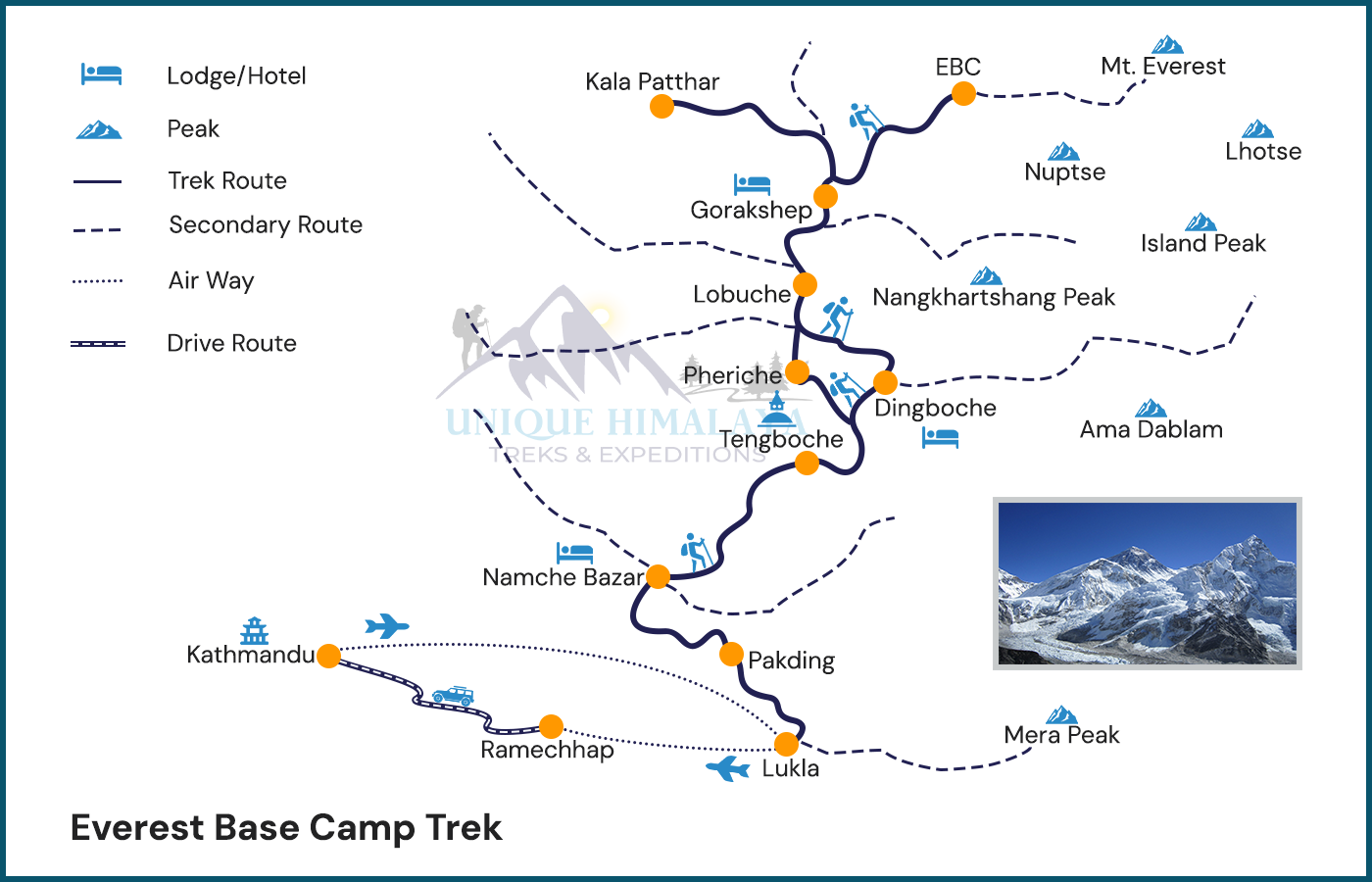
Elevation Chart

What's Included
Accommodation:
- 2 nights in Kathmandu (3-star hotel).
- Tea house accommodation during the trek.
Transportation:
- Flights between Kathmandu and Lukla.
- Airport transfers and private vehicles for drives.
Meals:
- Breakfast in Kathmandu.
- All meals (breakfast, lunch, and dinner) during the trek.
Permits:
- Sagarmatha National Park entry fee.
- TIMS (Trekkers’ Information Management System) card.
Guides and Porters:
- Professional English-speaking trekking guide.
- Porter (1 porter for every 2 trekkers).
Other Services
- Comprehensive first aid kit.
- 24/7 support and care throughout the trek.
What's Excluded
- International flights to/from Nepal.
- Nepal visa fees (available on arrival).
- Travel insurance (mandatory for trekking; must cover high-altitude evacuation).
- Personal expenses (laundry, extra beverages, snacks, hot showers).
- Tips for guides and porters
- Extra nights in Kathmandu due to flight delays or unforeseen circumstances.
- Personal trekking gear (available for rent or purchase in Kathmandu).
Gallery
Equipment
Clothing
- Waterproof trekking boots.
- Thermal base layers (top and bottom).
- Down jacket (for cold nights).
- Fleece jacket or sweater.
- Windproof and waterproof outer layer.
- Trekking pants and shirts.
- Woolen hat, gloves, and neck gaiter.
Gear and Equipment
- Sleeping bag (rated for -15°C to -20°C).
- Trekking poles.
- Backpack (20–30 liters for personal items).
- Duffel bag (for porters to carry).
- Headlamp with extra batteries.
Accessories
- Sunglasses with UV protection.
- Sunscreen (SPF 50+).
- Lip balm with SPF.
- Water bottles or hydration bladder.
- Personal first aid kit and medications.
Documents
- Passport (with a minimum of 6 months validity).
- Travel insurance certificate.
- Passport-sized photos (for permits).
Essential Info
- Physical Fitness
The Everest Base Camp Trek is a physically demanding journey that requires good health and basic fitness. Prior trekking experience is helpful but not mandatory. It is recommended to engage in cardio and endurance training (e.g., hiking, running, or cycling) for 4–6 weeks before the trek. - Altitude Sickness and Acclimatization
Altitude sickness can occur as you ascend to higher elevations. This itinerary includes acclimatization days in Namche Bazaar and Dingboche to allow your body to adapt to reduced oxygen levels. Symptoms like headache, dizziness, and fatigue should not be ignored. Our guides are trained to manage altitude-related issues and will ensure your safety. - Preventive Measures
Walk at a steady pace; avoid rushing.
Stay hydrated and avoid alcohol.
Follow the guide’s advice and carry Diamox (if prescribed). - Trek Difficulty
The Everest Base Camp Trek is rated Moderate to Challenging, with long days of walking (4–8 hours per day) at high altitudes. It requires mental determination, physical stamina, and the ability to adapt to changing weather and trail conditions. - Travel Insurance
Travel insurance is mandatory for this trek and must include coverage for high-altitude rescue and evacuation (up to 6,000 m). Ensure your policy also covers medical emergencies, trip cancellations, and theft/loss of personal items. - Food and Accommodation
During the trek, meals are provided at tea houses offering a mix of traditional Nepali food (dal bhat, momo) and international options (pasta, noodles, soups). Accommodations are basic but cozy, with shared rooms and limited amenities like hot showers (extra cost) and charging stations. - Best Time to Trek
Spring (March to May): Warm weather, rhododendron blooms, and clear skies.
Autumn (September to November): Stable weather, crystal-clear mountain views, and ideal trekking conditions.



